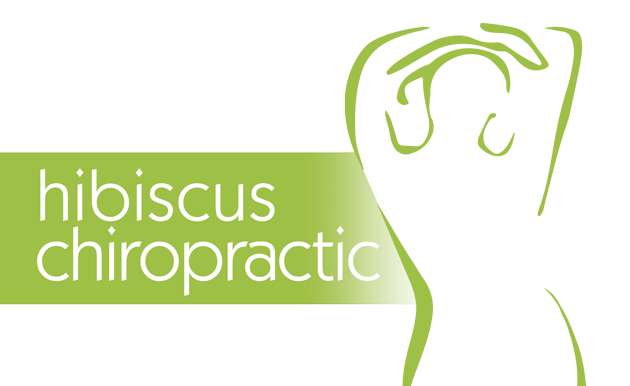Feeling drained even though you’ve barely moved from your desk? It’s easy to blame a lack of sleep or a busy schedule, but the real culprits might be hiding in plain sight—right in your daily work habits. Let’s explore three common patterns that silently chip away at your energy and overall body function.
1. Sitting for Too Long Without Moving
The average office worker sits for more than 8 hours a day, and prolonged sitting is one of the most underestimated threats to both function and vitality. When you sit still for long periods, especially with poor posture, your circulation slows, muscles stiffen, and your spine compresses. This leads to less oxygen and nutrient delivery to your brain and body—and yes, that explains the brain fog. Over time, it can also cause spinal misalignments that interfere with your nervous system’s ability to coordinate the rest of your body.
2. Poor Posture at Your Desk
From craning your neck forward toward your screen to slumping in your chair during meetings, poor posture is a silent energy thief. When your spine is out of alignment, your body has to work harder to support itself. This extra effort can lead to muscle fatigue, joint stiffness, and even impaired organ function due to pressure on internal systems. Forward head posture, in particular, has been linked to reduced lung capacity and altered neurological communication, which impacts both how you feel and how you think throughout the day.
3. Skipping Breaks and Powering Through
In our hustle-focused culture, breaks are often seen as luxuries. But skipping them comes at a cost. Without regular pauses to stretch, move, or reset your posture, your body stays in a state of low-grade stress. Cortisol rises, energy dips, and your nervous system struggles to regulate. Over time, this chronic stress state leads to burnout—not just mentally, but physically, too. Your body performs best when it’s balanced between effort and recovery, not when it’s running nonstop.
The takeaway? Your daily work habits might feel small, but their impact on your function and energy is massive. Restoring your energy isn’t about adding more coffee—it’s about removing the patterns that drain you and supporting your body’s ability to function well.
Start by becoming more aware of how your posture, movement, and mental load are affecting your body. A few simple changes in your routine, along with regular check-ins with your chiropractor, could be the key to keeping your energy and performance where you want them.
Sources:
[1] O'Sullivan, P.B., et al. “What Do We Know About Sitting and Low Back Pain?” Journal of Orthopaedic & Sports Physical Therapy, 2012. [2] Thayer, J.F., et al. “The relationship of autonomic imbalance, heart rate variability, and fatigue to workplace stress.” Scandinavian Journal of Work, Environment & Health, 2010.

